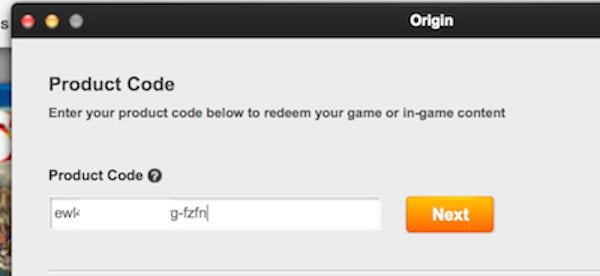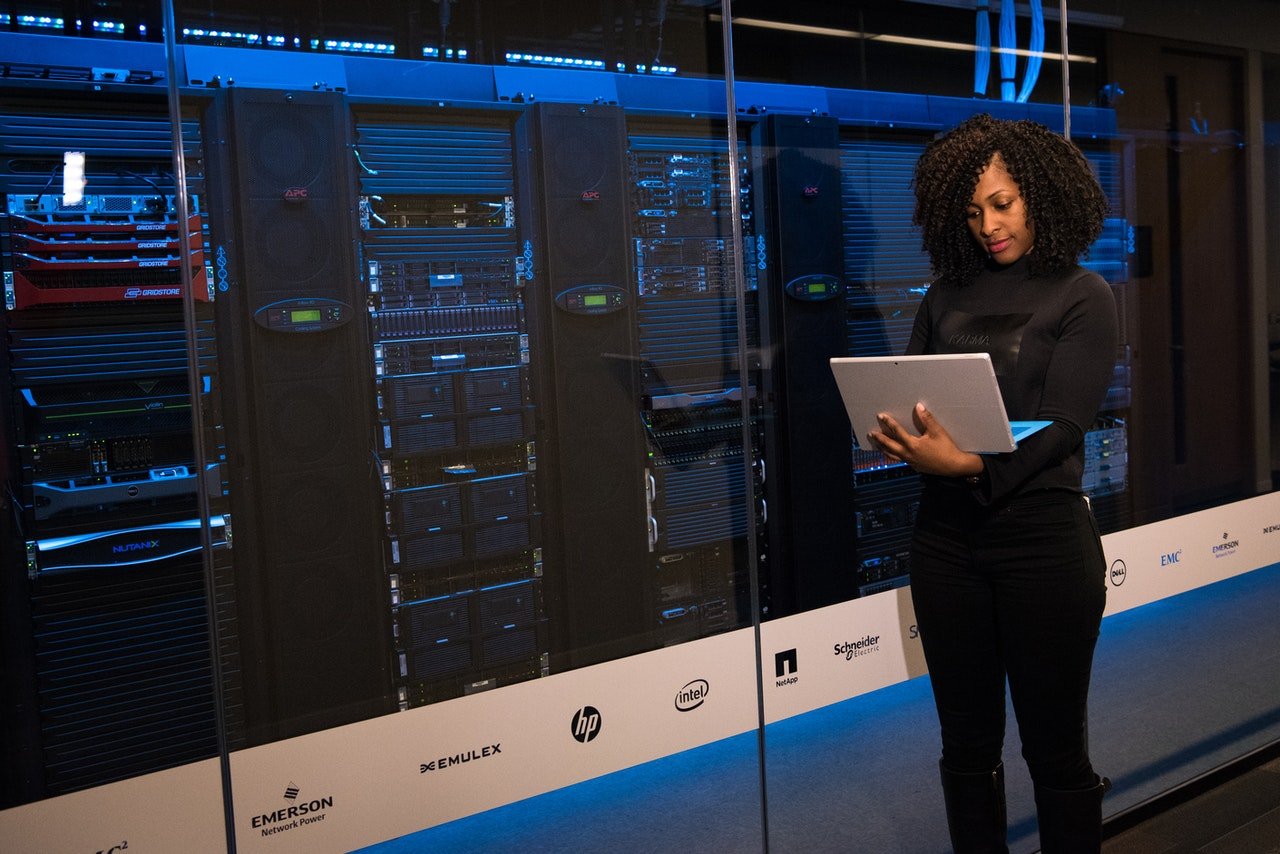In the present day, privacy and anonymity are almost non-existent. This is because the internet has taken virtually all aspects of our lives online, and ISPs, governments, marketing companies, and hackers are always hungry for such data. If you wish to keep your online data private and your activities anonymous, it is your responsibility to take the appropriate measures.
One of the most popular tools that help restore online privacy and anonymity is a Virtual Private Network (VPN). These services come in handy to prevent ISPs from monitoring and logging your online activities, websites from storing your real IP address, and hackers from intercepting your data, among others. In this article, we are going to see how VPNs help you accomplish this.
What is a VPN, and how does it work?
A VPN is an online privacy and security tool which encrypts user traffic and then securely tunnels it to a remote server of the user’s choice. This server then acts as the exit node for the user’s connection, and it spoofs their real IP address to give them a new one.
The encryption provided and the IP address’s spoofing provide privacy, security, and anonymity in various ways.
Encryption for privacy & security
The encryption offered by VPNs plays a huge role in ensuring that your activities remain private and your connection is free from interception. This is achieved using various protocols such as OpenVPN, IKEv2, PPTP, and L2TP, among others.
For VPNs that allow you to choose a protocol, OpenVPN is recommended as it provides the best balance between speed and security.
Privacy through encryption
Internet surveillance has massively increased over the last several years, and ISPs and governments do as much as they can to collect your data. In almost every country, ISPs are required by law to monitor and log all online activities. Using these logs, they always know which websites you have visited and what resources you have accessed.
Whenever you connect to a VPN server, your traffic is encrypted using your protocol of choice. This encryption converts all data carried by your connection to some gibberish that your ISP can’t understand, and therefore they can’t see what you are doing on the internet. All they can know is that you are connected to a VPN service.
However, the privacy you get depends on the VPN service you use, as some also keep logs of your activities. The top paid VPNs are the most reliable solutions as they mostly promise a zero logs service. Nevertheless, if you don’t want to pay for a subscription, you can opt for one of the best free VPN solutions, and you’ll still benefit from a no-logs policy.
Security through encryption
One of the initial uses of VPNs was to provide security through encryption. This security comes in handy when you are transferring sensitive data over the internet or when you are using a public Wi-Fi hotspot. Most public hotspots are not secure, and hackers can easily sniff on your traffic to steal personal data such as usernames, passwords, and payment information.
If you encrypt your traffic using a VPN, nobody can be able to intercept it, and therefore they won’t be able to steal data or plant malware on your device.
IP spoofing for anonymity
After connecting to a server, it is this server that now connects you to the internet. And in order to do that, it gives you a new IP address. This means that when you are using the internet while connected, websites do not log your real IP address, your session can’t be traced through your IP, and anybody you share files with (for example, while torrenting) can’t really know who you are. This means that your internet session is anonymous.
However, the anonymity you get also depends on your VPN service provider. If they log your activities, your session can be traced back to you.
Wrap up
As internet privacy and security continues to fade, VPNs have become crucial tools that help users access the internet without looking over their shoulders. This is accomplished through various means, key among them being encryption and IP spoofing. However, the privacy and security levels you get depend on the VPN service provider, and so ensure that you choose one carefully.




Share Your Thoughts